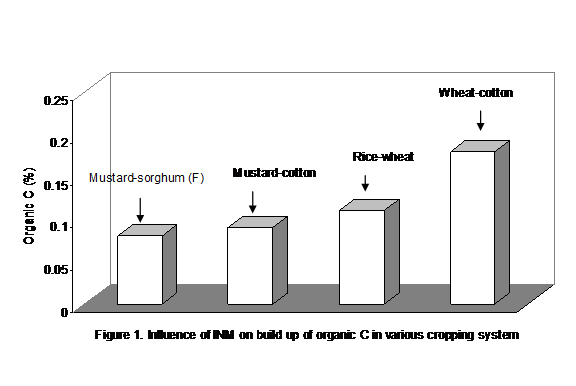On 18-19 October 2012, a High-Level Policy Dialogue on Regional Cooperation and Inclusive Development in South and South-West Asia” organized by the South and South- West Asia Office of the United Nations Economic and Social Commission for Asia and the Pacific (ESCAP) at New Delhi (India). Government policymakers, advisors and development experts from Afghanistan, Bangladesh, Bhutan, India, Islamic Republic of Iran, Maldives, Nepal, Pakistan, Sri Lanka and Turkey attended this policy Dialogue.
In her opening address, United Nations Under-Secretary-General and ESCAP Executive Secretary Dr. Noeleen Heyzer said that “cooperation can help spur more inclusive growth and drive the elimination of poverty in the subregion. Greater regional integration not only increases intraregional trade, but also promotes investment in the subregion’s supply chain and production networks.”
“This creates more and better jobs and builds productive capacity, particularly in the subregion’s least developed countries. Greater intraregional integration can also improve food and energy security, as well as help reduce disaster risk,” Dr. Heyzer noted. “Collective regional responses and solutions are more effective in addressing these challenges than individual country approaches.”
Delivering the inaugural address Mr. Rajeev Kher, Additional Secretary, Minister of Commerce and Industry, Government of India, noted: “India has always remained committed to the idea of regional cooperation and has played an active role in promoting it. In light of the current slowdown in the industrialized world, regional economic integration is relevant within the subregion more than ever; as the potential for the subregion to integrate with itself remains untapped and huge consumption opportunities exist.”
Report Launch
Dr. Heyzer and Mr. Kher also unveiled an ESCAP report prepared by its South and South- West Asia office setting out a policy agenda for harnessing cooperation among its ten member countries to promote inclusive, sustainable and resilient growth within the subregion.
Additionally, Mr. Kher spoke of the criticality of strengthening the value chain of manufacturing across the South and South-West Asian subregion. He emphasized that political and policy interventions towards this goal would offer new opportunities and resources to overcome the development deficit.
The ESCAP report, while asserting that regional cooperation key to closing development and infrastructure gaps in South and South-West Asia, further outlines subregional cooperation agenda for inclusive and sustainable growth and enhanced subregional cooperation can reduce the wide development and infrastructure gaps in South and South-West Asia, stimulating growth that is more inclusive, sustainable and resilient to economic shocks and natural disasters.
According to Dr. Nagesh Kumar, Director, ESCAP South and South-West Asia Office and ESCAP Chief Economist, “Regional cooperation in South and South-West Asia can be an important strategy to address many of the challenges facing the subregion. In the decade ahead, the 10 member States of the subregion have the chance to cooperate amongst themselves to ensure not only the subregion’s growth dynamism, but also that the subregion re-emerges as the important crossroads between the East and the West that it once was.”
According to the ESCAP South and South-West Asia Development Report 2012-13, the first in a series of biennial reports produced by the South and South-West Asia Office, the subregion’s slowing growth, together with the uncertainty in the advanced economies is “exposing the subregion’s structural challenges”.
These include the need for more inclusive development, closing wide infrastructure gaps, strengthening food and energy security, diversifying and moving up the value chain in industrial and export structures, and reducing the risks and costs of disasters, particularly in the subregion’s least developed countries (LDCs) and landlocked developing countries (LLDCs).
“Low productive capacity, particularly in the subregion’s LDCs, limits the subregion’s ability to move up the value chain and structurally transform its economies. Fundamental infrastructure gaps also threaten energy security, food security, and disaster risk in the subregion,” notes the report.
“Greater regional integration not only increases intraregional trade, but also promotes efficiency seeking investment in the subregion’s supply chain and production networks.”
The report offers guidelines for South and South-West Asia to work together and with international development partners to boost food and energy security and trade, create employment opportunities for its large youth population, and enhance connectivity across the subregion and beyond, to emerge as a global economic powerhouse and model of inclusive and sustainable development.
Dr Arvind Kumar, President, India Water Foundation, who also participated in this policy dialogue lamented that issue of water was not discussed at this policy dialogue.



